Battle swelling and burning with these essential oils for inflammation, and find quick pain relief.
Whether your inflammation manifests itself as joint pain like arthritis or red and irritated skin, certain essential oils show promising anti-inflammatory effects in research.
Here are the top ten oils you can start using to soothe inflammation straight away. They might even be as effective as prescription medications!
Fight inflammation and create easy, healthy meals! We've created a FREE 7-Day AIP Meal Plan
Get Your FREE 7-Day AIP Meal Plan here.
How Essential Oils Help Relieve Inflammation
Essential oils are made up of tiny molecules that interact with compounds in our bodies. By either inhaling them or by absorbing them through our skin, these molecules enter our bloodstream and get to work on beneficially altering, enhancing, or blocking certain biological processes.
Inflammation is a process that also releases certain molecules and enzymes into our bodies. As a result, you’ll experience any combination of redness, swelling, pain, burning, or stiffness.
Since essential oils can interact with these molecules, it makes them a great tool at combating inflammation at a cellular level. Each type of oil works differently, depending on their molecular makeup.
For instance, thyme essential oil contains a compound called carvacrol that actually blocks an inflammatory enzyme called COX-2 in your body. (1)
Other essential oils can help reduce the swelling and burning of inflammation, like lavender. (2)
Ten Essential Oils That Can Ease Inflammation
Studies show that these ten essential oils can help reduce markers of inflammation.
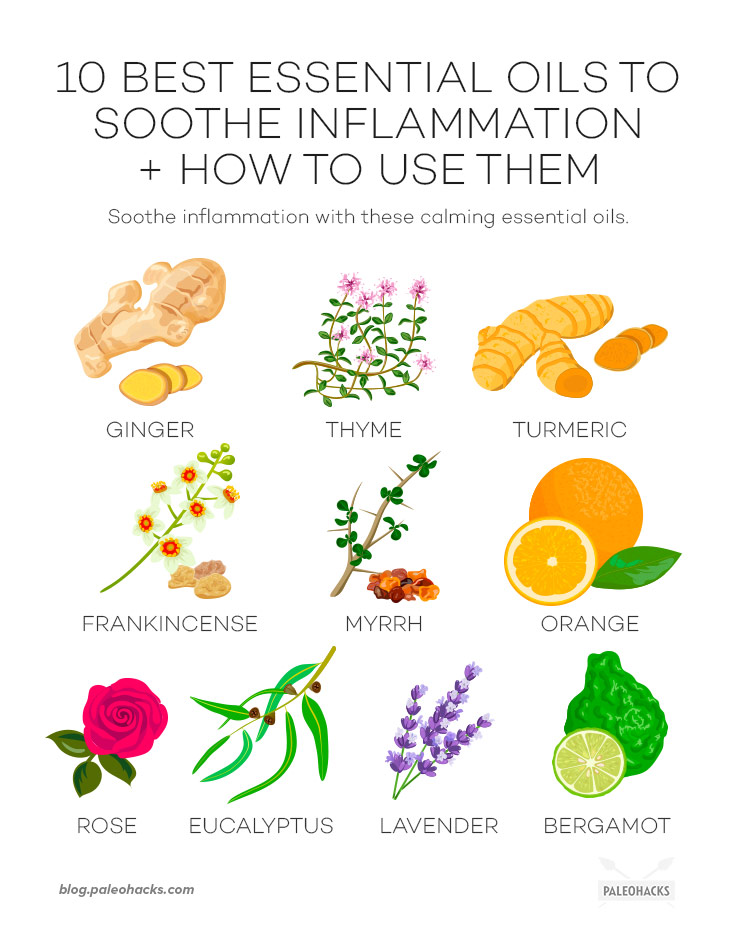
1. Ginger
Ginger contains potent anti-inflammatory compounds called gingerols, which show promising anti-inflammatory activity. (3) One animal study revealed that ginger essential oil combined with turmeric essential oil was able to block inflammatory markers in the kidneys after they were exposed to toxic cadmium. (4)
2. Thyme
Thyme’s inflammation-lowering ability comes from a compound in its oil called carvacrol, which works by blocking a common inflammatory enzyme called COX-2. (5)
3. Turmeric
Turmeric has been used for thousands of years across Asia to treat numerous chronic inflammatory diseases. Studies show the active compound curcumin in turmeric essential oil is able to protect against inflammation in conditions like colitis. (6)
4. Frankincense
If you’re suffering from inflamed or irritated skin, you might want to try a skincare product that contains frankincense essential oil. Studies show it helps regulate the expression of genes linked to inflammation in the skin, and may even help improve texture by remodeling skin cell tissue. (7)
5. Myrrh
Myrrh essential oil is especially useful for oral health. One study found that 50 percent of participants using a myrrh mouthwash to treat inflamed mouth sores experienced complete relief. (8) In addition to sores, myrrh may also help treat gingivitis. (9)
6. Orange
Orange essential oil contains potent antioxidants that help reduce free radicals in your body. When too many free radicals are in your system, they can damage DNA and result in chronic inflammation. Studies show that orange essential oil can even fight the inflammation experienced in chronic obstructive pulmonary disease. (10)
7. Rose
For centuries, Persian medicine has used rose essential oil as a pain-relieving anti-inflammatory. Modern studies on animals and humans show it can help reduce pain by releasing pain-soothing endorphins, along with combating edema from inflammation. (11, 12)
8. Eucalyptus
Eucalyptus oil also shows promising results against inflammation in both animal and human studies. This fragrant oil contains a compound called 1,8-cineole that can help reduce the swelling and pain associated with inflammation. (13, 14)
9. Lavender
Lavender essential oil is great for healing because it works as both a treatment and as a preventative. This oil gets right to the root of the problem by preventing the release of compounds associated with inflammation, like myeloperoxidase. One study on mice showed that treating irritated paws and ears with lavender essential oil resulted in less inflammation. (15)
10. Bergamot
Bergamot essential oil contains the compounds carvacrol and linalool, which block inflammatory receptor compounds in cells. Receptor cells are the “receivers” of various compounds in our bodies, so if they are prevented from taking in an inflammatory molecule, we’ll experience less inflammation. (16, 17)
Safe Ways to Use Essential Oils for Inflammation
Safety is paramount when using essential oils due to their potency, and it can cause irritation if you don’t prepare them properly. Let’s dive into the best ways to safely use them while still reaping all of their benefits.
Topically, with a Carrier Oil
One of the best ways to use essential oils is to apply them directly to the area where you’re experiencing inflammation. This allows the essential oil molecules to be absorbed in the location, much like applying a topical muscle relaxant or numbing cream.
Keep in mind that essential oils should always be diluted with a carrier oil, like olive or coconut oil. This is because essential oils are extremely potent when applied directly at full strength, and could cause irritation to your skin.
A good rule of thumb for diluting essential oils is to do a two percent dilution. This looks like 12 drops of essential oil per fluid ounce (or 30 ml) of carrier oil, lotion, butter, or other natural moisturizers.
To be on the safe side, do a patch test on your skin before any topical application. Start by adding three drops of essential oil to your carrier oil, then dab gently on your inner arm and rub in gently. Apply a bandaid over the area, then wait for 24 – 48 hours. If no irritation develops, you should be good to go.
Diffused into the Air
You can also use a diffuser to get essential oils into the air, so you can breathe them in. This is a great way to get a steady supply of essential oil, and you can do it either at home or in your workspace.
Add a couple drops of essential oils (or a combination of your favorite oils) to a diffuser, add water to the fill line, and plug it in. Don’t add a carrier oil here, as it can clog your machine.
For best results, stick to a 30 – 45 minute limit. This ensures that your lungs and mucous membranes don’t become irritated by breathing in the oils for too long. If you have asthma or other respiratory issues, start by only diffusing for a few minutes at a time until you’re sure the oil isn’t aggravating your condition.
How to Buy the Best Quality Essential Oils
To make sure you’re getting the highest quality oils without any additives, keep the following in mind:
- Read the labels carefully. Ideally, oils should be certified organic with no added ingredients.
- Use only 100 percent pure oils. Added ingredients will only increase the chances of a reaction.
- Buy from a company that prices essential oils at different amounts. Raw materials for essential oils vary widely in their cost, with some costing hundreds of dollars and some costing half as much. If the prices for all the essential oils are the same, this suggests that they may be using low-quality or synthetic ingredients.
Cautions
It’s important to remember that while essential oils can certainly help ease inflammation, they probably won’t address the root cause of why your body is inflamed in the first place. Plus, there is always the risk that your body may react to a certain essential oil and make the inflammation worse.
Often, inflammation stems from an internal issue that may require additional treatment. It’s best to contact your doctor if you’re experiencing consistent inflammation. Also, be sure to consult your doctor before using essential oils if you’re pregnant or nursing.
The Bottom Line
Essential oils are a fantastic tool to help ease periodic inflammation. They interact directly with enzymes and other molecules in our bodies to safely and effectively block inflammatory compounds, which can stop swelling and pain in its tracks.
Still stumped about where your inflammation is coming from? Here are four common causes of inflammation, and a lemony turmeric drink you can mix up every morning to help fight it.


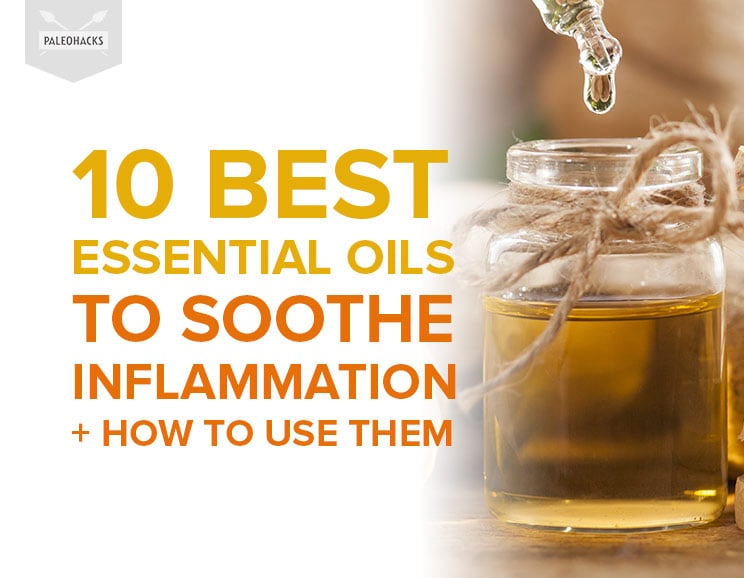

 10 Warning Signs of a Stroke (and How to Act FAST)
10 Warning Signs of a Stroke (and How to Act FAST)
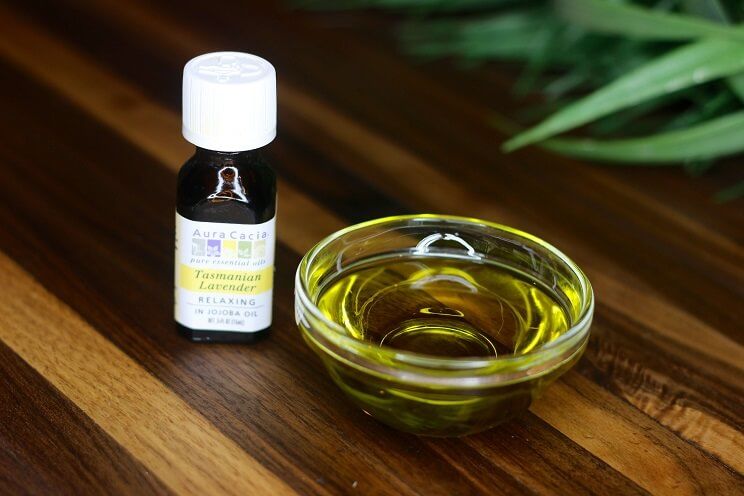
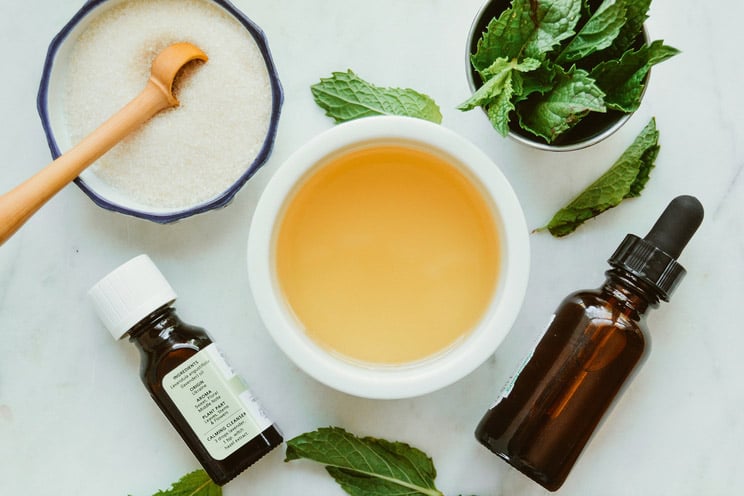
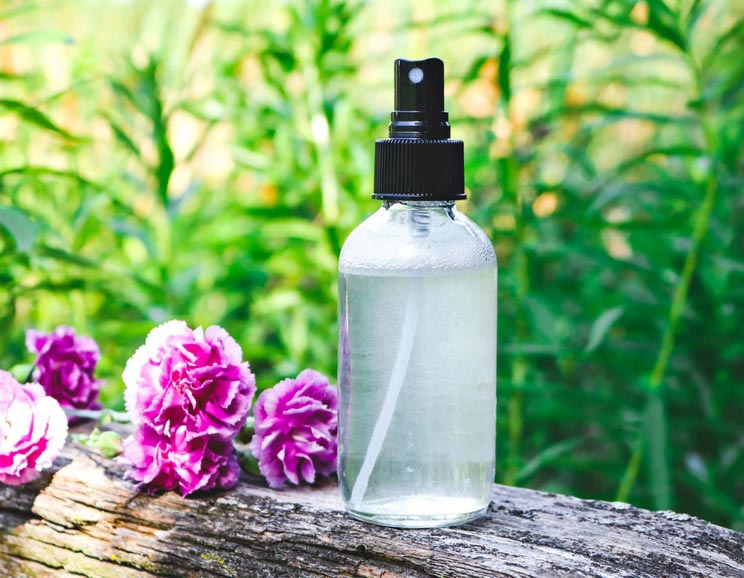
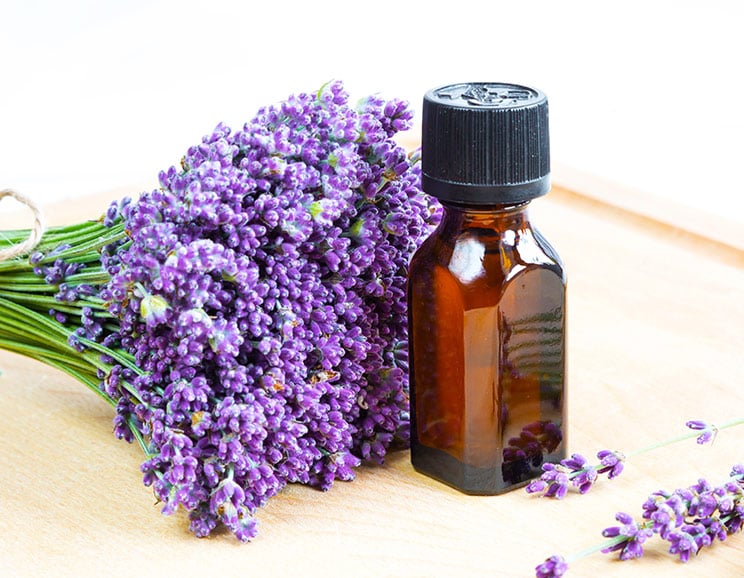
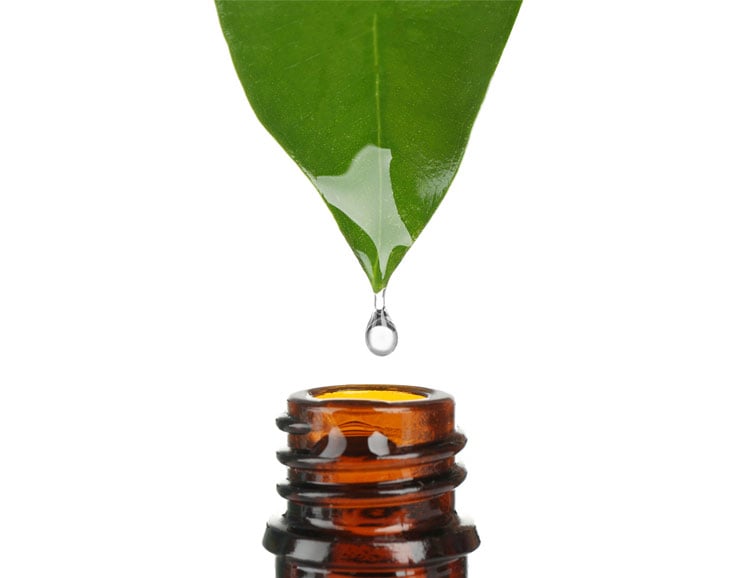
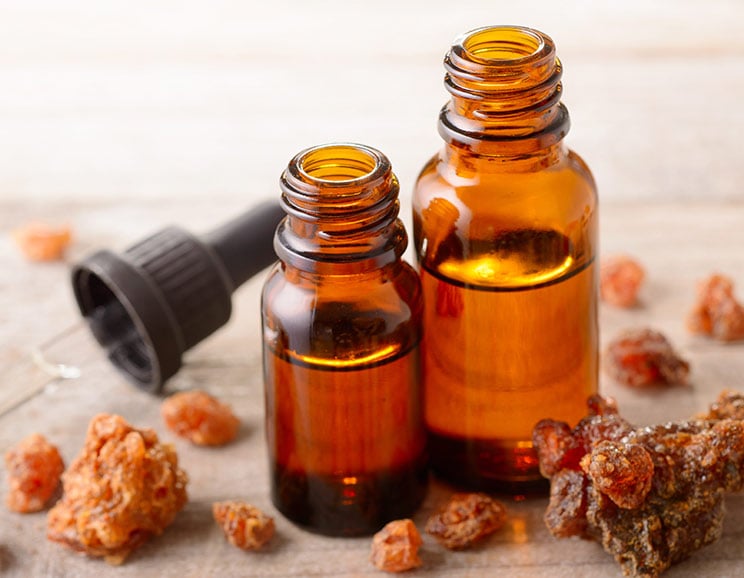
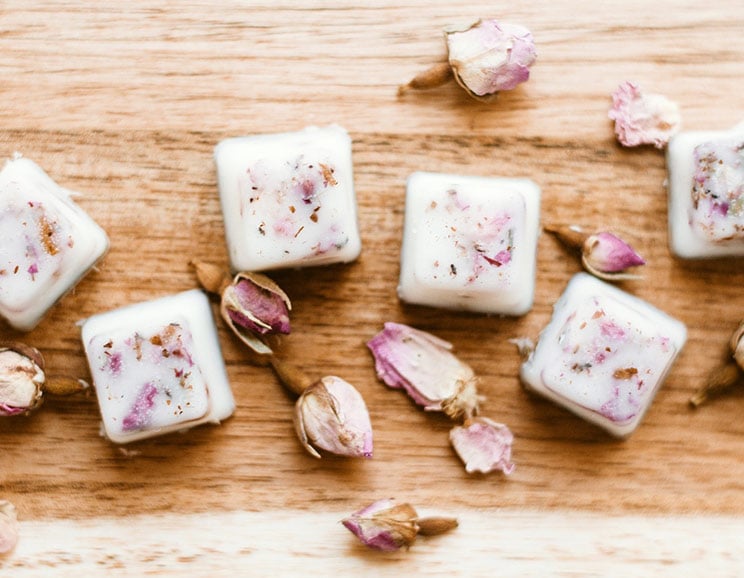
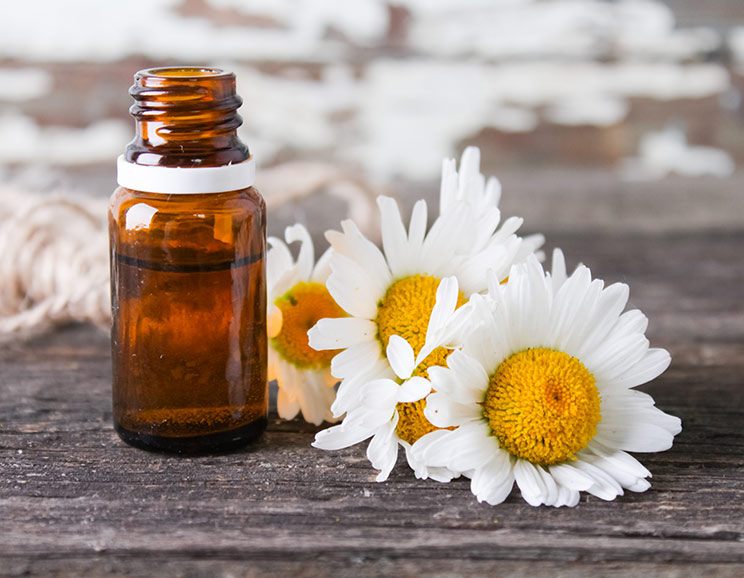

Show Comments